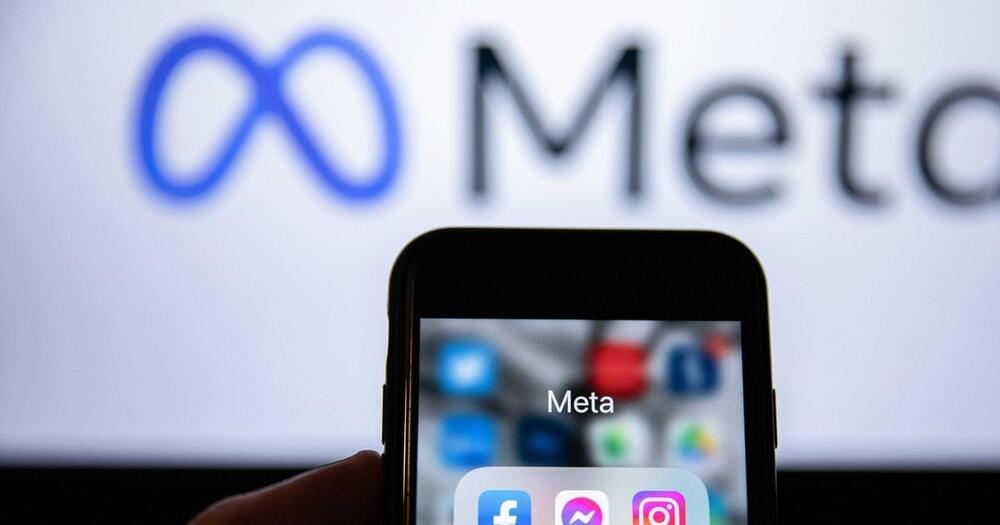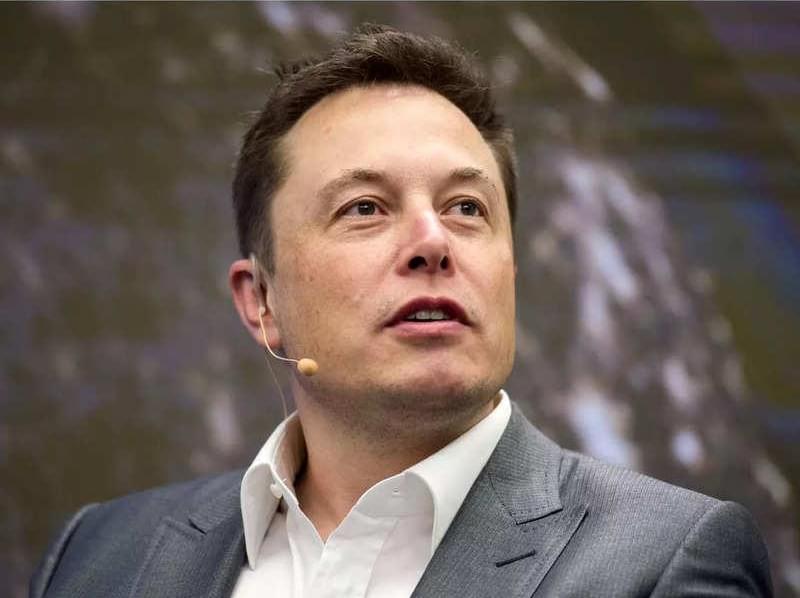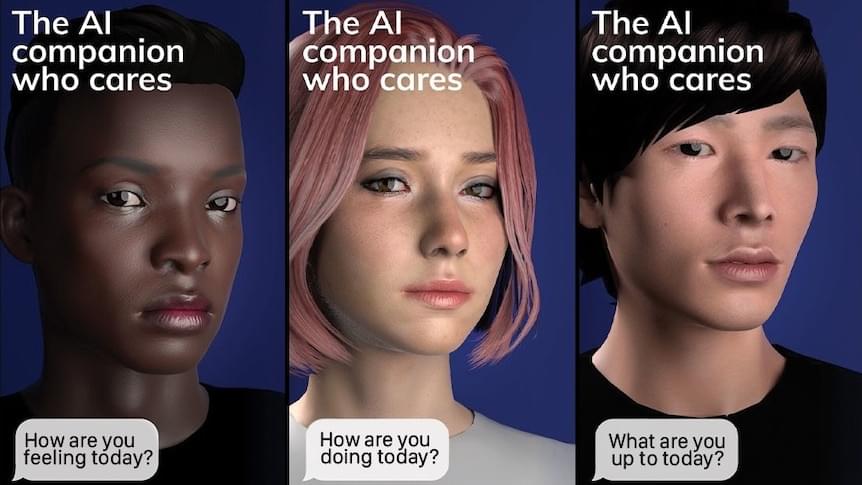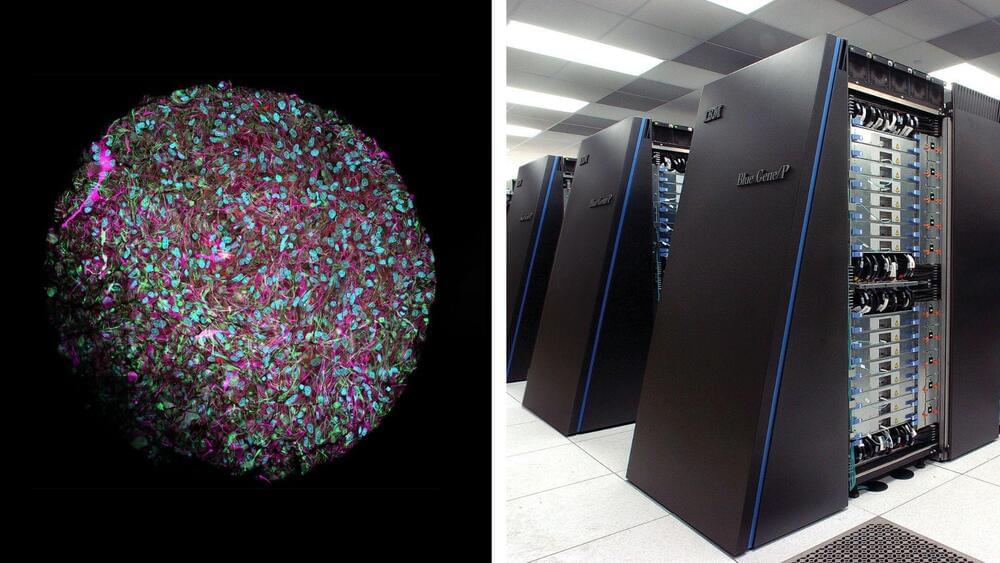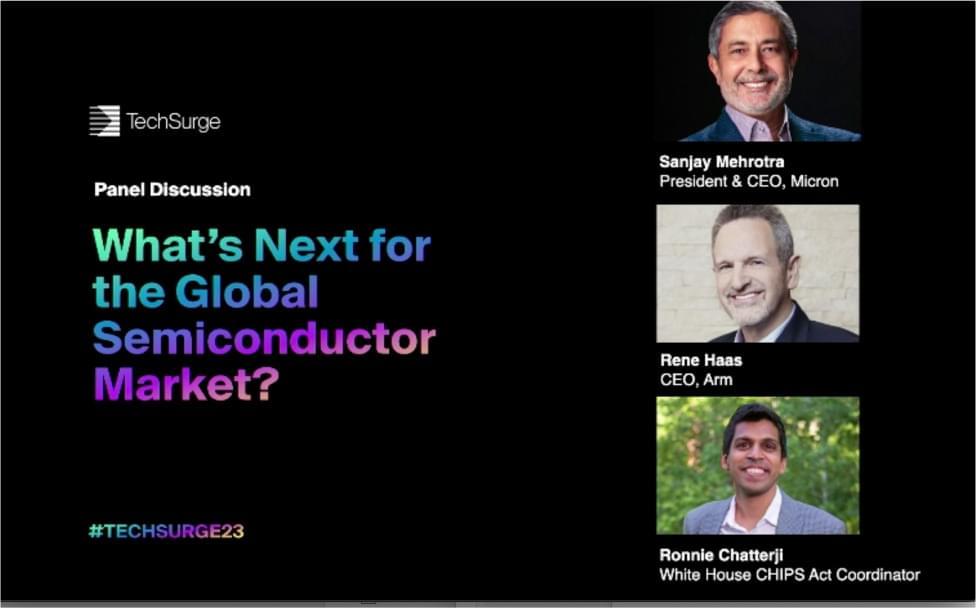This is the second of two articles on Celesta Capital’s TechSurge Summit on February 13, 2023. In this article I will include discussions of a semiconductor panel and also some comments by Internet Legend, Vint Cerf on ethical use of technology and how to get AI to be more useful.
Jason DiLullo, President of Qatalyst Partners chaired a session at the TechSurge Summit talking about the semiconductor market. This panel included Sanjay Mehrotra, President and CEO of Micron,;Rene Haas, CEO of Arm and Ronnie Chatterji, the White House CHIPS Act Coordinator.
Sanjay had a number of things to say regarding the semiconductor industry and in particular the semiconductor memory industry.
However, AI programs such as alpha fold, which predicts how proteins will fold, is enormously helpful. He also mentioned that making information available on things that don’t work could be very helpful and suggested that we should publish our mistakes as well as our successes. This is also a good lesson for entrepreneurs, if something doesn’t work find this out as soon as possible and change or adapt your goals if needed.
A big challenge for AI is to get the system to formulate a working model of what it knows. He gave an example. Any two-year old understands what a table is, but computers have a hard time understanding things about the real world. This is gained by interacting and working with the real world, something that John McCarthy worked on in the early years of AI research.
Sanjay Mehrotra of Micron, spoke about the importance of memory to the semiconductor industry and with Rene Haas and Ronnie Chatterji discussed topics such as the CHIPS act, chiplets and the IP industry. Vint Cerf spoke about an ethical Internet and how to make better AI.


